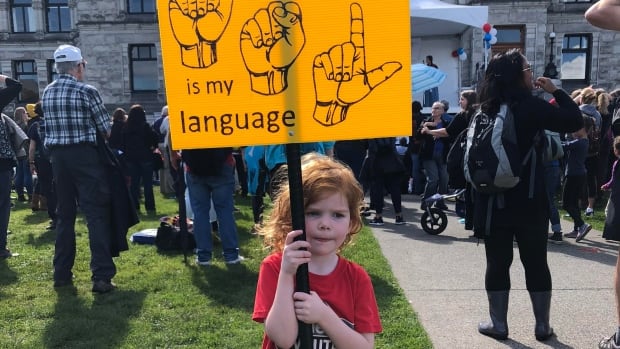
Aurelia Braun says she hopes to become a DJ or musician one day, and as a fourth-generation deaf child, she knows fulfilling her dream is not impossible — but she will need an ASL interpreter.
“I want to become a musician … and I really want to have an interpreter with me the whole way,” signed the eight-year-old from Surrey, B.C., to CBC. “You know, I want to be able to understand the words.”
However her father, Dan, says he’s noticed fewer of them available over the years.
Now Douglas College, the only school in British Columbia with a Sign Language Interpretation program, says it is pausing the program next year as there aren’t enough students to keep the fall 2023 intake open.
This could leave many in the deaf community behind — including his daughter, says Dan Braun.
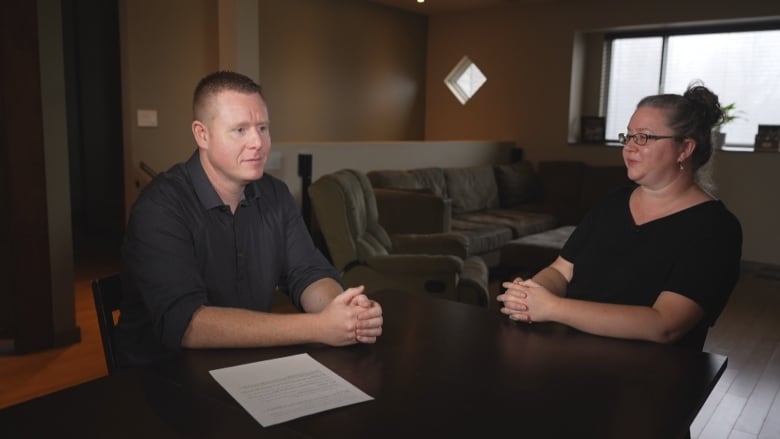
“If you are on Zoom and everyone’s on mute, it becomes, ‘Hey you’re on mute, you’re on mute, I can’t hear you,'” signed Dan through an interpreter.
“That’s my daughter’s access to the world around her right now.”
According to the Western Association of Visual Language Interpreters, there are just over 250 interpreters in the province for thousands of deaf and hard of hearing people.
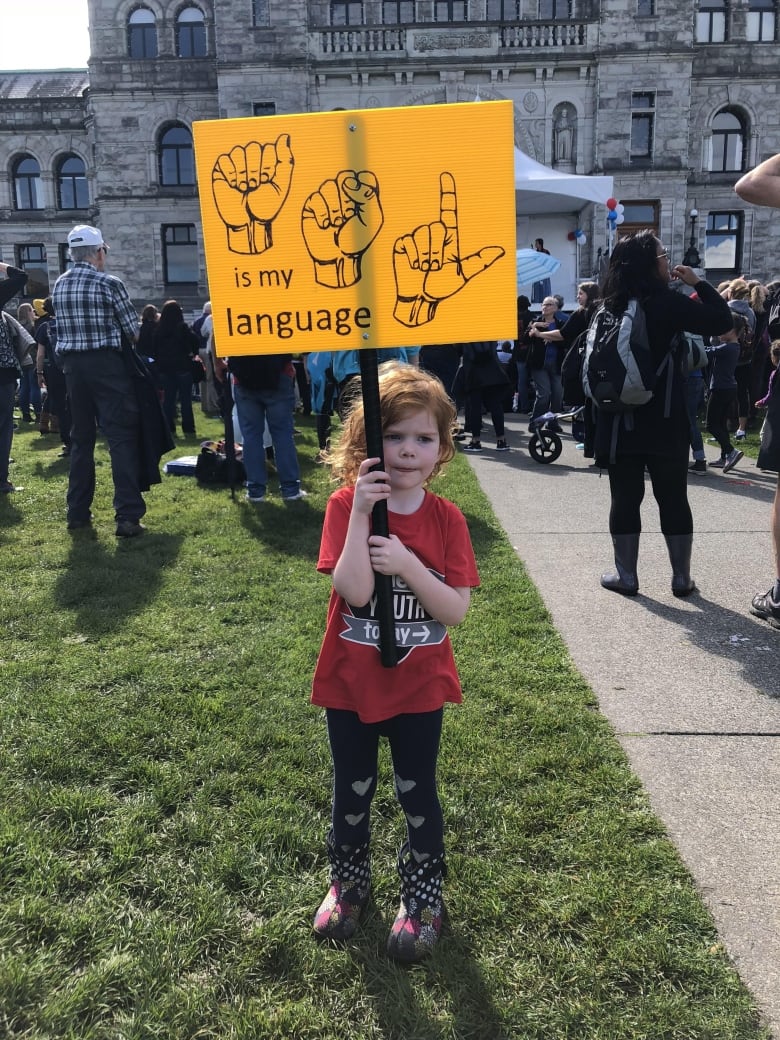
Nicki Horton, director of Family Network for Deaf Children, says accessibility for deaf people is something her group fights for, and that the battle is never-ending.
“Accessibility allows for deaf children to have the same education that their hearing counterparts would have access to. It’s a human right,” Horton said.
Interpreters are for everyone: parent
During the interview, Dan Braun continued signing but stopped using the interpreter.
For a few moments, it was silent.
“What I was saying as I was signing was you couldn’t understand what I was saying,” Braun later explained, once again through the interpreter.
“The interpreter is for both of us today.”
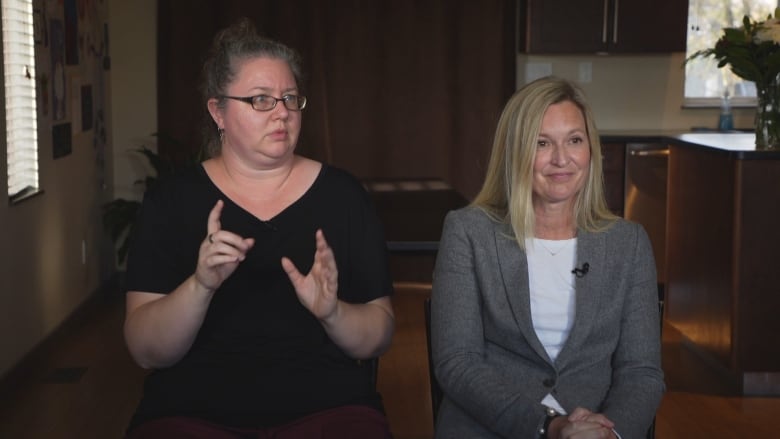
In a statement to CBC, Douglas College said it intends to return to the program in 2024 although they did not specify whether student enrolment would be a consideration then.
But Horton says a pause is unacceptable.
“What happens to those students who actually want to apply right now? Are they going to put life on hold for a year?” she said.
Horton and the Brauns say they have reached out to the province.
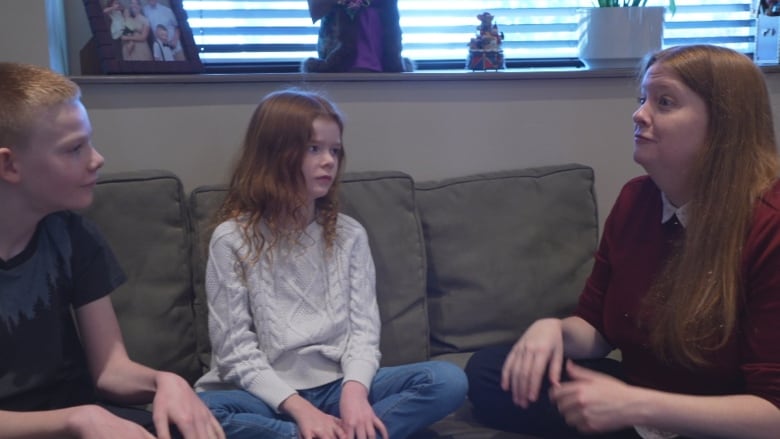
“My daughter is now a fourth-generation deaf person in our family and we’ve been fighting this fight for all four of those generations,” Braun said.
In a statement, the ministry of post-secondary education and future skills says it is in discussions with Douglas College about ways to support the program.
Meanwhile, Aurelia says she has a message for the school.
“It’s not fair,” she signed.
“I want there to be more interpreters, not less interpreters … please do not suspend the intake.”